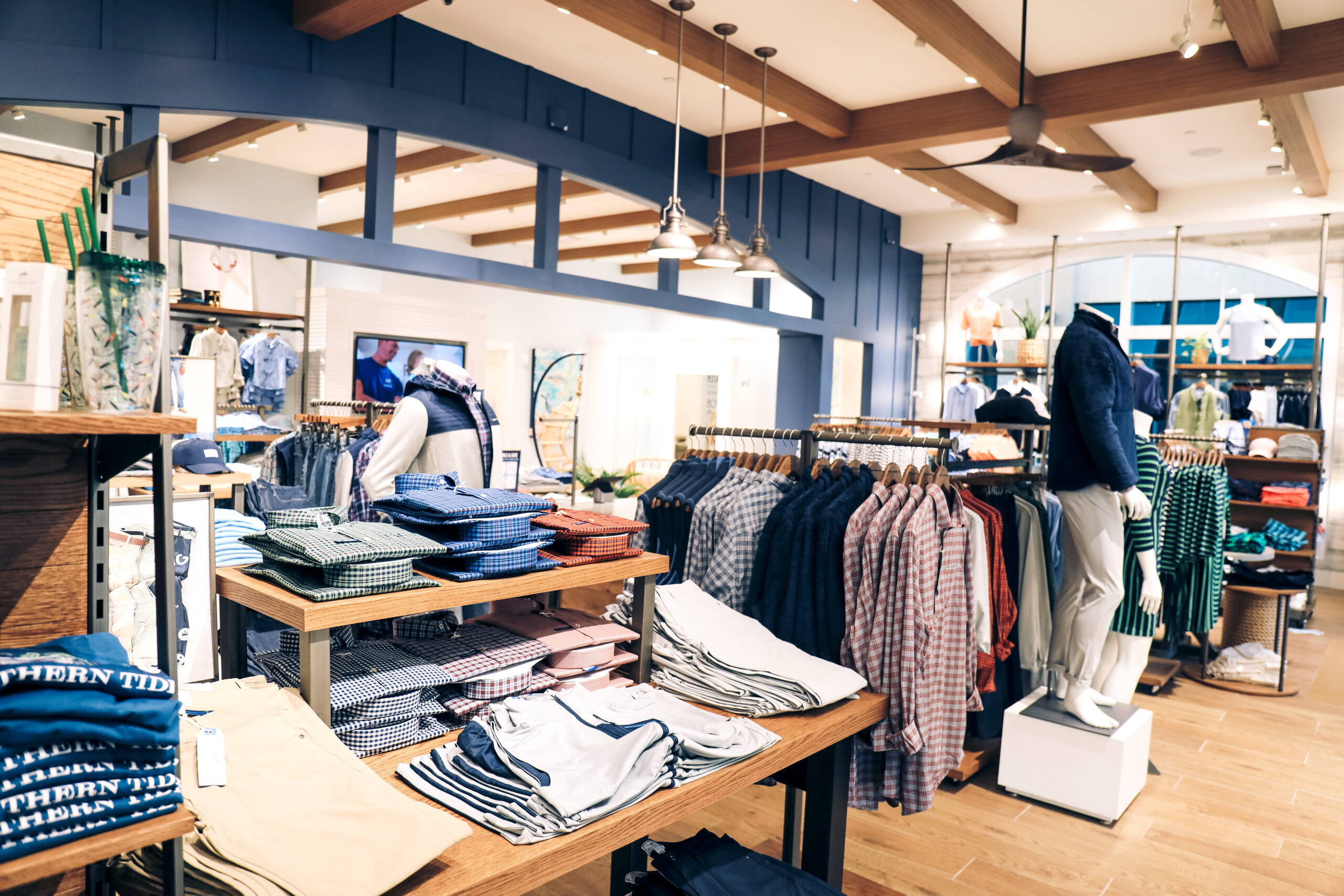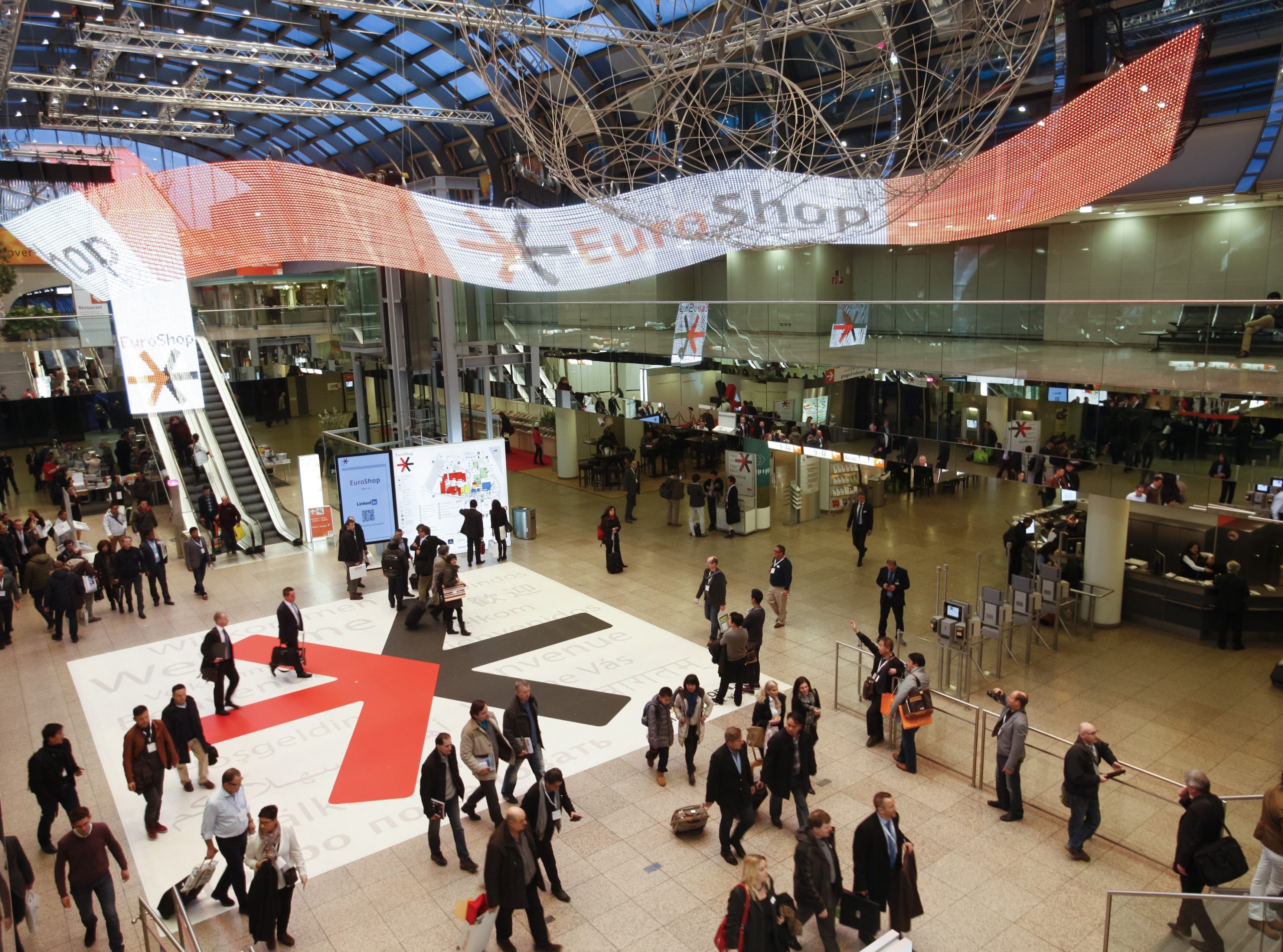Today, consumer shopping preferences have shifted. More and more people are shopping with their emotions rather than their wallets. Millennials attitude towards corporate responsibility and social consciousness are changing and brands are realizing they need to reposition themselves and combine internal culture with external identity in order to remain relevant in the industry.
Fusing brand and culture with more authentic messages will produce meaningful and powerful results that positively affect your whole corporation. Fully integrating and aligning your brand and culture improves your corporation’s competitive advantages because it enables you to create intangible value that is difficult to copy. It also enables you to move your business towards its vision more successfully as it provides a common motivation and focus for everyone.
Building a brand that can thrive in today’s current market is very different from building a brand 30 years ago. The traditional shopping and “cultural figures” are slowly becoming ghostly marketing tactics for your business. Corporations need to build their identity from the inside-out integrating it with employees’ experience and not just customers. Patagonia’s extreme stance on preserving national parks is one of many corporations who has already pulled off this approach. However, there are numerous other retailers and big-box players that have yet to connect these two crucial aspects of their identity.
Consumers are looking for long-term relationships with their favorite brands and expect to connect to the company beyond their products. Coke is a good example with its iconic ads that convey a sense of culture. They hammered and nailed down that culture is your brand; hence the company still resonates in today’s market. Many strong cultures are founded on diversity of backgrounds, skills and ideas. The one commonality is the shared belief of the company’s values. Working heavily on how you portray your brand to the world is a two-way street. You must keep in touch with customer perception both online and within stores all while taking care of your business culture internally. It’s important to understand that culture affects every single decision you make. It attracts and retains both employees and customers all while giving meaning to your corporation. Culture is where your brand is born and influences management decisions and all business functions ranging from advertising, production to accounting.
Company culture is not a one-size-fits-all as it varies by geographical location. Your company’s mission and values should be the common thread that unites employees and connects them to something bigger. For example, Wawa empowers their employees and reminds them that “they’re not just making sandwiches – they’re helping friends and neighbors have a better day.” Zara is another great brand that picks up the flavors and feel of their style by its geographical location. If you’ve ever walked into a Zara and then another one elsewhere, you’ll realize that stepping into each location is like stepping into a new store. Brands can become an extremely powerful tool for redirecting culture into a productive asset and that’s something large corporations have been determining throughout time.
Today, retail environments do more than just sell products – their mission is to deliver memorable brand experiences. Any good retail experience sits at the intersection of brand, culture and place and it’s a solid way to differentiate yourself from others. That means you must be living your brand promise both internally and externally among employees and customers. You must rally your employees to get excited about your brand so that they can share it with the consumers they interact with. Companies such as Nordstrom and Starbucks continually strive to make customers the most important part of the retail equation when instituting a positive shopping experience. With reward programs in place, easy return policy and exemplary customer service, retailers can establish a superior shopping experience for their consumers.
Brand culture is the inherent DNA of the brand and its values that govern every brand expression, experience and interaction with stakeholders, employees and consumers. Employees live the core values of the brand to solve issues of the consumer, making strategic decisions that deliver high-quality branded customer experience. Therefore, brand as a culture must be communicated and delivered accordingly internally so the message continues to live successfully externally.
Satisfied employees are the direct result of a strong culture and are a significant determinant of whether a company will succeed or fail. With great company culture comes high energy and motivated teams who are willing to offer phenomenal services. Your culture is what you stand for as a business and it creates consistency, authenticity and ensures longevity of the brand. By fusing brand and culture with theory and practice, organizations can develop a powerful commitment to its employees, stakeholders and customers.
Companies need to foster a sense of culture and community in today’s fast-paced and highly competitive environment in order to survive. How you operate on the inside should be linked with how you want to be perceived on the outside. When your brand and culture are integrated, you increase operational efficiency, quality and accuracy of your business. You also develop customer loyalty with intangibles that can’t be duplicated.




